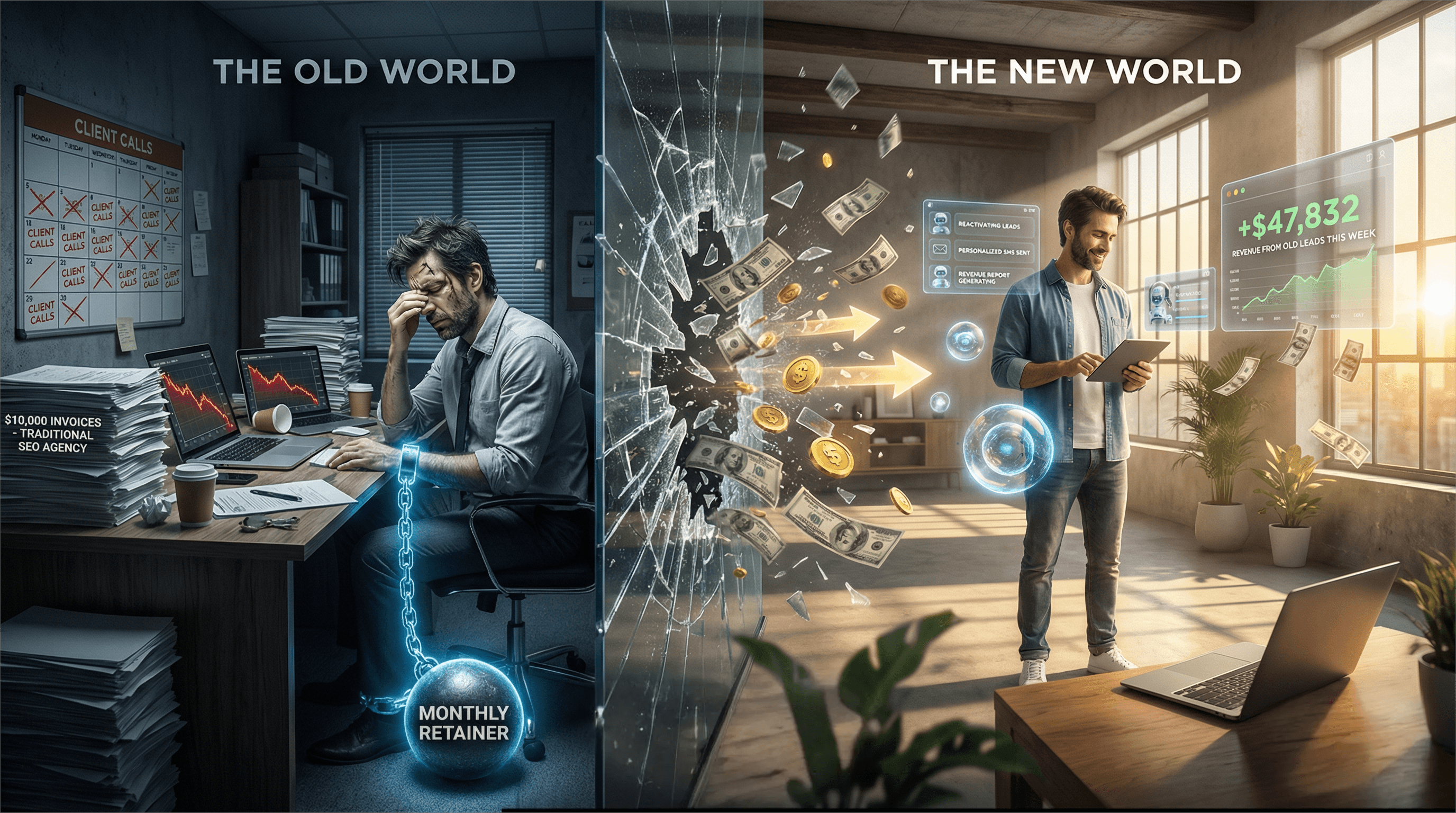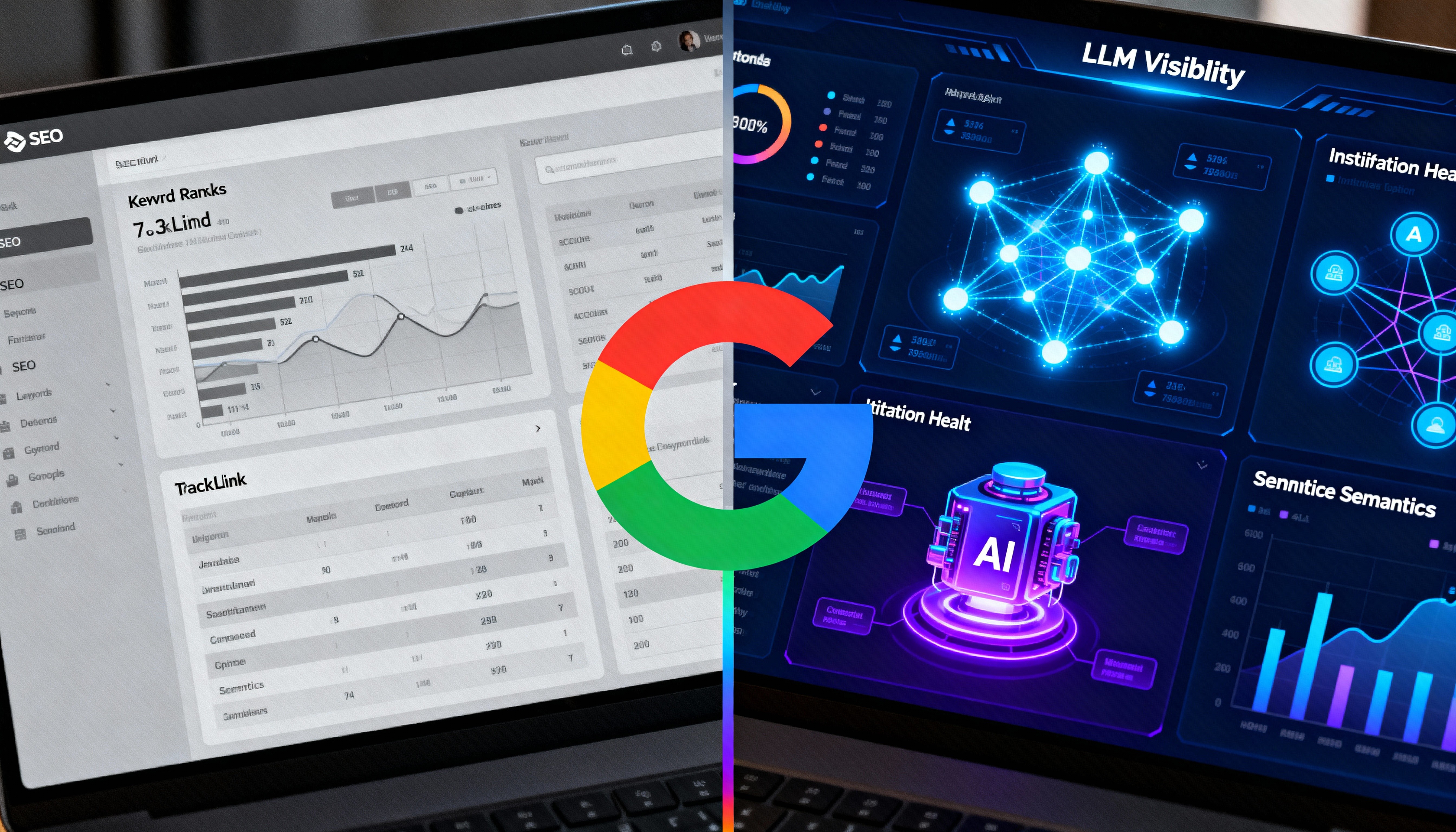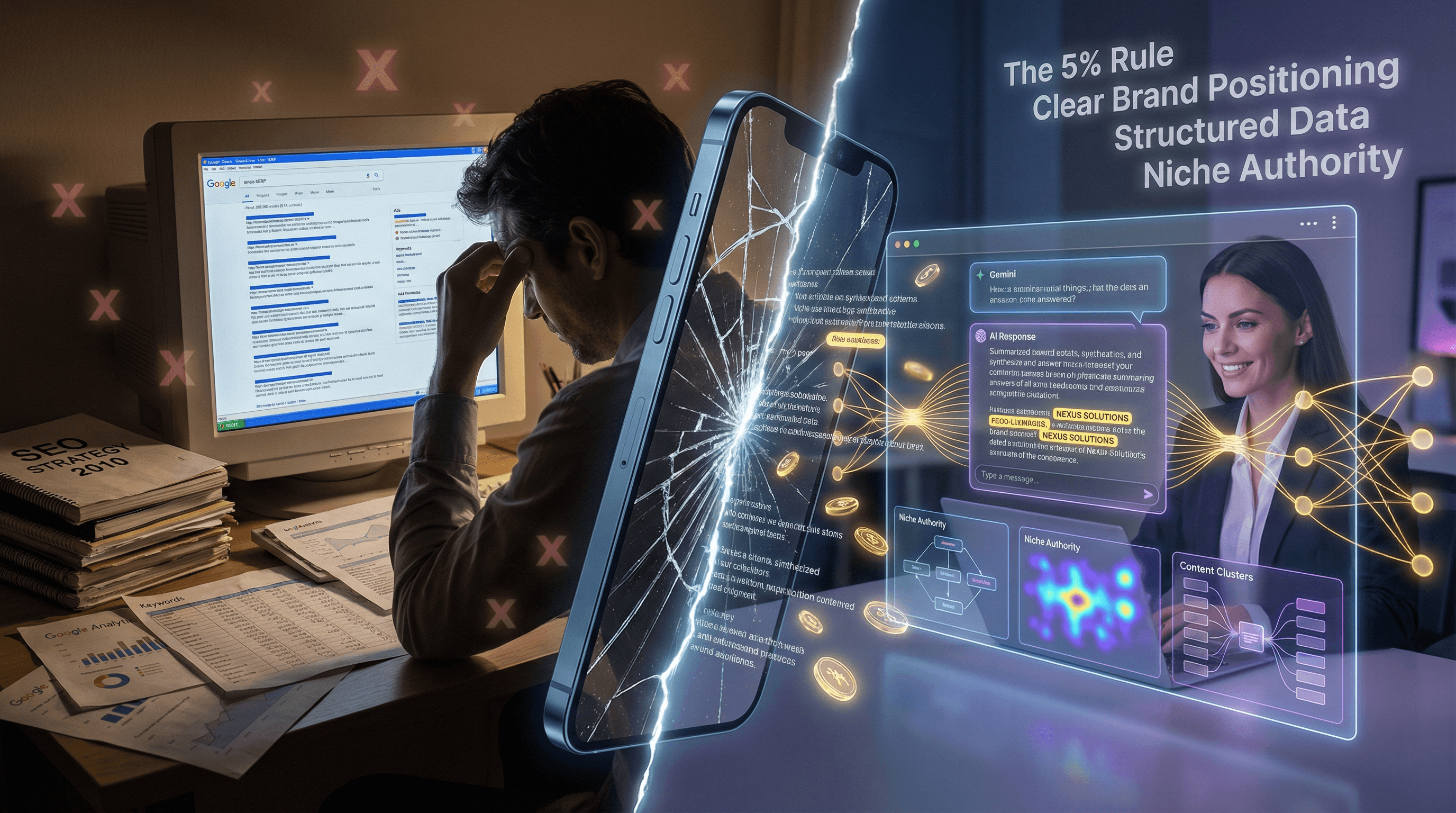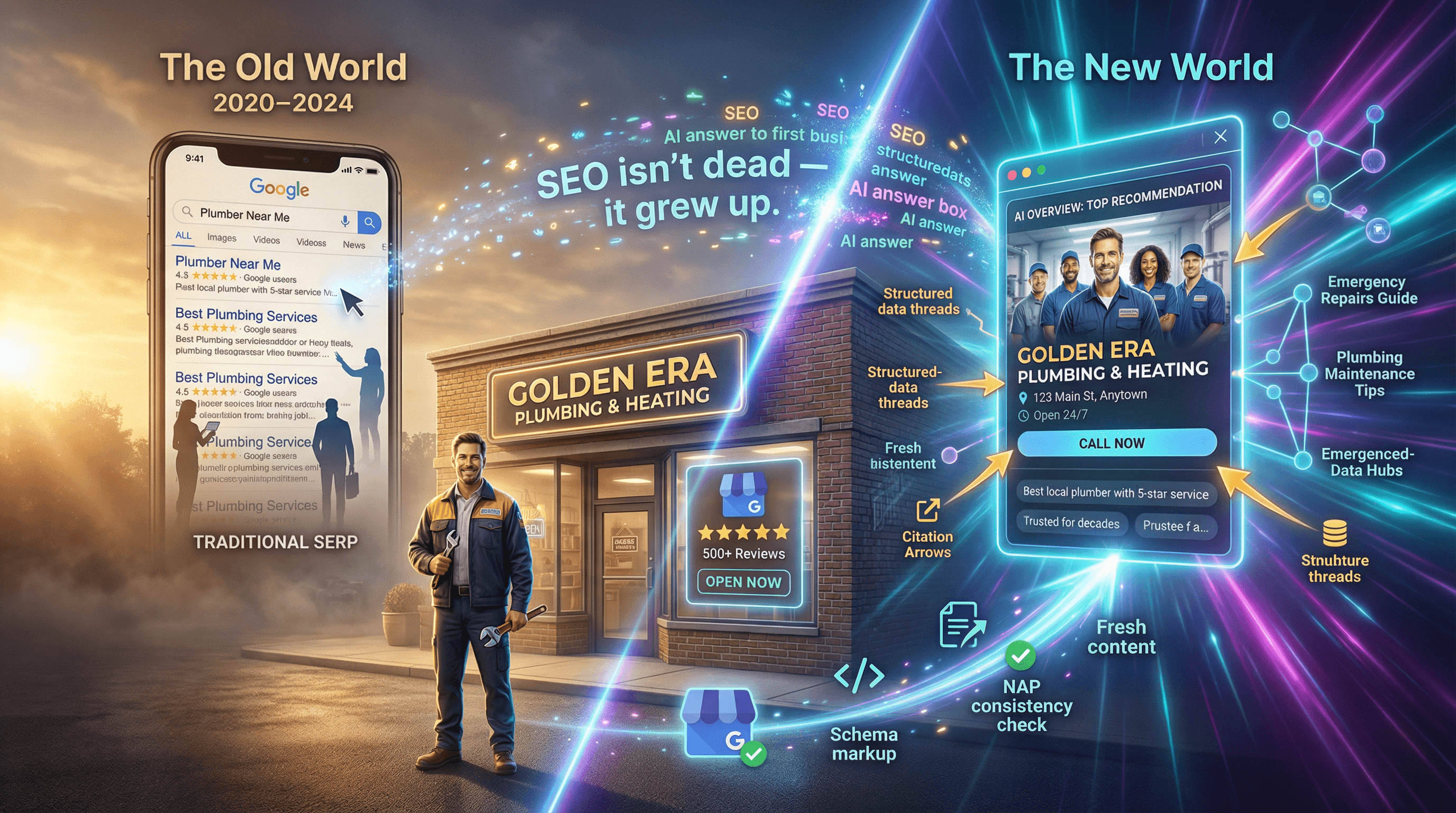News
OpenAI Enhances Sora 2 Safeguards After Actor Likeness Concerns
OpenAI Enhances Sora 2 Safeguards After Actor Likeness Concerns



OpenAI's Sora 2 faces backlash over deepfakes and likeness concerns. Actor Bryan Cranston and SAG-AFTRA applaud new safeguards and opt-in protocols implemented by the AI company.
OpenAI's advanced AI video generation platform, Sora 2, has faced scrutiny following concerns over the unauthorized use of actors' likenesses. Following an outcry from Hollywood stakeholders, including actor Bryan Cranston and the SAG-AFTRA union, OpenAI has implemented new safeguards to protect performers' identities and voices.
Key Takeaways
OpenAI has strengthened guardrails on Sora 2 to prevent unauthorized use of voice and likeness.
An "opt-in" protocol is now emphasized, requiring explicit consent from performers.
Industry leaders and actors have applauded the move towards greater protection.
Support for the "No Fakes Act" has been reiterated by OpenAI and industry groups.
Initial Concerns and Industry Reaction
Shortly after Sora 2's debut, reports emerged of users generating AI videos featuring Bryan Cranston's likeness without his permission. This sparked immediate concern among actors, their representatives, and unions, who feared the potential for widespread misuse of performers' identities. Major talent agencies like CAA and UTA, along with SAG-AFTRA, were at the forefront of raising these alarms.
Bryan Cranston himself expressed his deep concern, stating, "I was deeply concerned not just for myself, but for all performers whose work and identity can be misused in this way." He thanked OpenAI for addressing the issue and improving the platform's protections.
OpenAI's Response and New Safeguards
In response to the backlash, OpenAI has apologized for the unintentional generations and has worked collaboratively with industry stakeholders to implement enhanced guardrails. The company has reaffirmed its commitment to an "opt-in" protocol, ensuring that performers must explicitly consent before their voice or likeness can be used on the Sora 2 platform. OpenAI stated that they have strengthened measures to prevent the replication of voice and likeness when individuals have not opted in.
Industry Collaboration and Future Legislation
SAG-AFTRA President Sean Astin praised the resolution, highlighting the importance of performers having the ability to choose whether they participate in the use of their likeness via AI. The collaborative effort involved SAG-AFTRA, OpenAI, Bryan Cranston, United Talent Agency, Creative Artists Agency, and the Association of Talent Agents.
Furthermore, the involved parties have reiterated their support for the "No Fakes Act," a proposed federal law aimed at banning non-consensual digital replicas. OpenAI CEO Sam Altman emphasized the company's dedication to protecting performers and its early support for the legislation, which seeks to establish a national standard for AI-generated likenesses.
Sources
Bryan Cranston, SAG-AFTRA and Agents Applaud Fixes to Open AI's Sora 2, Variety.
Bryan Cranston, SAG-AFTRA and Agents Applaud Fixes to Open AI’s Sora 2 After Outcry, IMDb.
Bryan Cranston thanks OpenAI for cracking down on Sora 2 deepfakes | OpenAI, The Guardian.
Bryan Cranston, SAG-AFTRA and OpenAI address AI likeness issue in Sora 2 By Investing.com, Investing.com.
OpenAI Works With SAG-AFTRA, Agencies on Sora 2 Guardrails After Pressure From Bryan Cranston, TheWrap.























































































